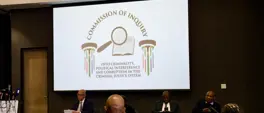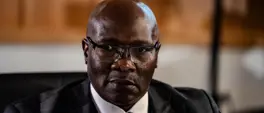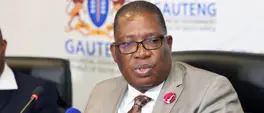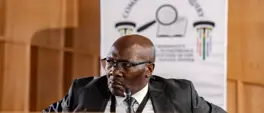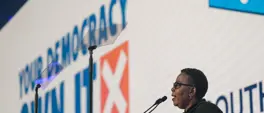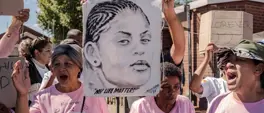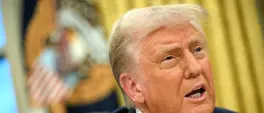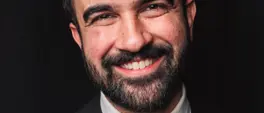G20 Leaders’ Summit: Creation of inequality panel will create global momentum – Economist
Lindsay Dentlinger
5 November 2025 | 6:34Visiting Cape Town on Tuesday, Joseph Stiglitz said the world is facing an inequality emergency and much of the world’s wealth is being acquired through monopoly power and exploitation.
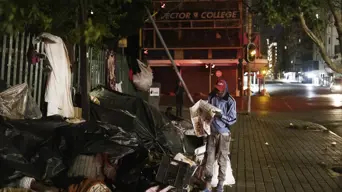
A homeless person is approached by a census field officer during the enumeration process in the Johannesburg central business district on 3 February 2022. Picture: MARCO LONGARI / AFP
World renowned economist Joseph Stiglitz believes if an independent international panel on inequality is established under South Africa’s G20 presidency, it will spare the subject from being dropped from the global agenda when it hands over the presidency to the United States (US).
Visiting Cape Town on Tuesday, Stiglitz said the world is facing an inequality emergency and much of the world’s wealth is being acquired through monopoly power and exploitation.
Stiglitz, who led an independent G20 panel to deliver a report on inequality to President Cyril Ramaphosa, said inequality is a choice that can be rectified.
ALSO READ:
- Ramaphosa welcomes report on global inequality, to call for institution to be set up to deal with it
- G20 committee says world is facing an inequality emergency
- 'Inequality crisis' threatens democracy, experts warn G20
The Nobel laureate said inequality is not a matter limited to the G20.
He’s hoping other countries who are not part of the bloc, some of whom will be attending the leaders’ summit in Johannesburg later in November, will add to the lobby for an independent international panel to assess the causes of inequality and advise governments on possible solutions operating in a similar manner as the United Nations (UN) panel on climate change.
“By creating this international panel on inequality, there can be a permanent legacy no matter how the vagaries of politics go in one country or another.”
Stiglitz believes South Africa and Namibia, recognised as being among the most unequal societies in the world, have done fairly well to address the inequalities created by colonialism and apartheid.
“One of the things I think South Africa is beginning to try and come to terms with is healthy inequality and efforts to recognise the importance of access to medicine for health for all.”
Stiglitz said if governments direct their economic policies to address poverty, it can be eliminated.
JOIN US ON WHATSAPP
Stay ahead of the story: Join our WhatsApp channel today.
Want breaking news at your fingertips, the moment it happens? Our WhatsApp Channel is the fastest way to stay connected with the stories that matter most.
From breaking news alerts to exclusive stories, analysis and must-read features - you’ll get it all directly on your phone.
Joining is simple. Just click Follow on our WhatsApp Channel and stay informed.
Get the whole picture 💡
Take a look at the topic timeline for all related articles.


